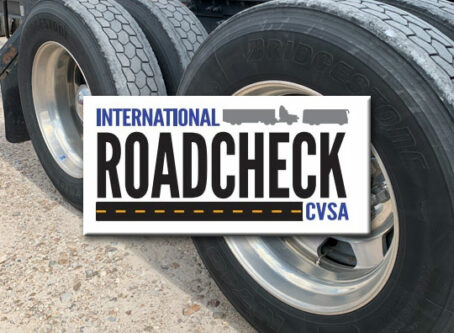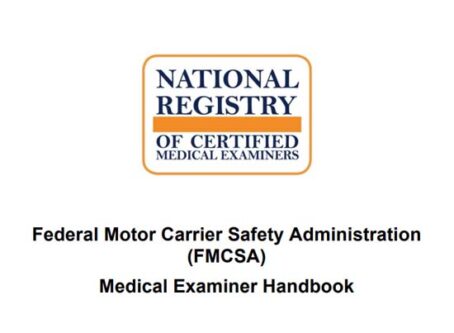Michigan drug testing pilot program expands statewide
Michigan’s roadside drug testing pilot program expanded statewide Oct. 1.
The program allows “drug recognition experts” to give roadside saliva tests to any drivers suspected of being under the influence of such drugs as marijuana, cocaine and heroin. The pilot program, which uses a mouth swab to obtain the saliva, started in Berrien, Delta, Kent, St. Clair and Washtenaw counties. According to the Michigan State Police, a drug training expert “receives additional, highly specialized training to assist in identifying drivers under the influence of drugs other than, or in addition to, alcohol.”
After conclusion of the five-county pilot program, which took place from November 2017 until November 2018, the Michigan State Police recommended that the program expand to the entire state.
“Expansion of the is pilot program will allow a greater number of police departments in Michigan to take advantage of the expertise of participating drug recognition experts to assist with traffic stops and drug-impaired driving investigations,” the Michigan State Police wrote in its recommendation. “Arresting drug-impaired drivers can be expected to mitigate serious injury and fatal traffic crashes throughout Michigan.”
From Nov. 8, 2017 until Nov. 8, 2018, 92 saliva roadside drug tests were conducted in those five counties. Eighty-nine drivers were arrested from those drug tests. As of Dec. 20, 2018, 38 drivers had been convicted of 47 charges. Forty-nine cases were pending a final court disposition. One case was dismissed, and one case was not prosecuted.
While the program is geared toward all vehicles, it was inspired by a 2013 crash when a truck driver ran a red light and struck a vehicle, resulting in the death of two people. The truck driver, Harley Davidson Durocher, was found guilty of six felonies, including two counts of operating a motor vehicle with the presence of a controlled substance (marijuana).
In addition, the Michigan State Police said drug-impaired traffic fatalities in the state increased by 151% as there were 98 in 2007 and 246 in 2017.
In December 2018, Michigan lawmakers approved an additional $626,000 to expand the program across the state. The statewide pilot program will go until Sept. 30, 2020.
Michigan State Police said the benefits of using oral fluid drug testing include that it can be “collected very close to the time the driver was operating the vehicle … and drivers may be more inclined to consent to a noninvasive oral fluid swab versus a blood draw.”
“This additional, statewide data will help to determine the usefulness of this tool for law enforcement, as we work to get drug-impaired drivers off Michigan roads,” Lt. Col. Richard Arnold, commander of the Michigan State Police Field Operations Bureau. “Roadside oral fluid testing continues to show promise and by expanding this pilot, we’ll have a larger body of results by which to determine the tool’s effectiveness.”









